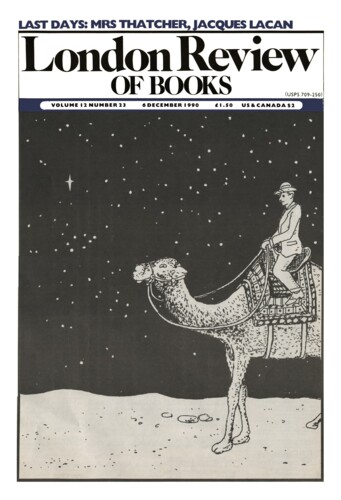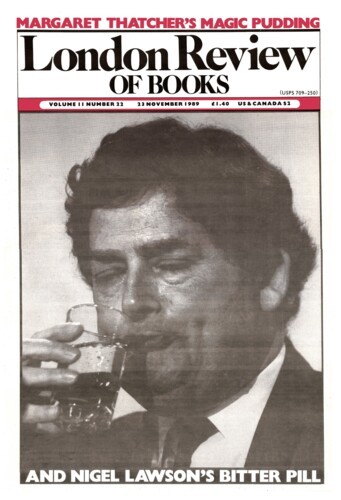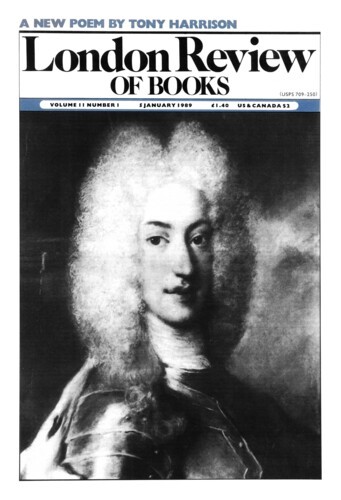Dynasty: Lacan and Co
Sherry Turkle, 6 December 1990
Freud believed that psychoanalysis was so deeply subversive of people’s most cherished beliefs that only resistance to psychoanalytic ideas would reveal where they were being taken seriously. In 1914 he wrote that ‘the final decisive battle’ for psychoanalysis would be played out ‘where the greatest resistance has been displayed’. By that point it was already clear that it was in France, the country of Mesmer, Bernheim, Charcot, Bergson and Janet, France with its long literary tradition of exquisite sensitivity to the psychological, that resistance to psychoanalysis was greatest. ‘In Paris itself,’ reflected Freud, ‘the conviction seemed to reign … that everything good in psychoanalysis is a repetition of Janet’s views with insignificant modifications, and that everything else is bad.’ Despite early interest by the Surrealists, there was no French psychoanalytic society until 1926, and for over a quarter of a century it remained small, its members badly stigmatised by their medical peers. Before World War Two, the French had rejected psychoanalysis as a German inspiration; after the war it fared only a little bit better with a new image as an American import.



